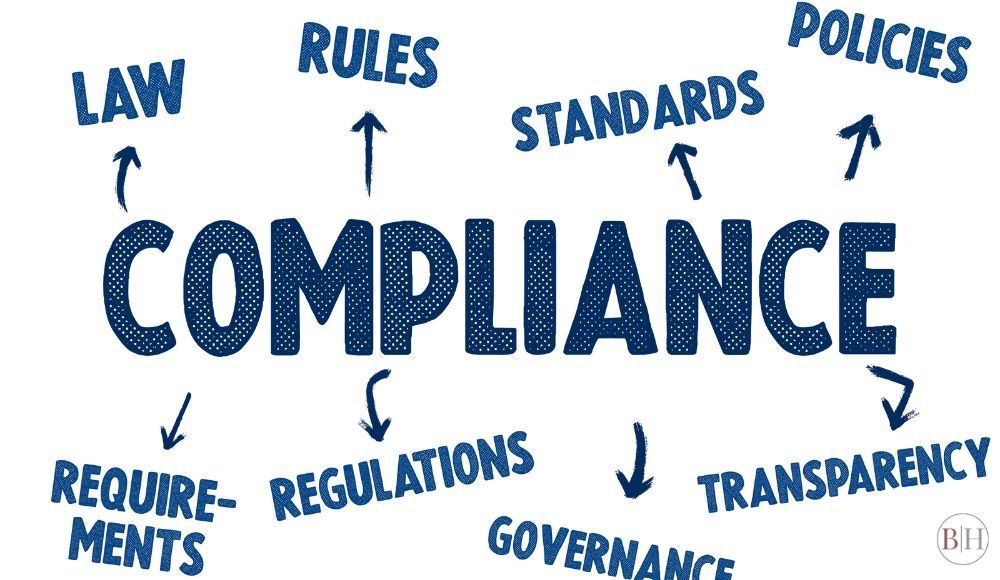Corporate Formation and Structure

Choosing the right business entity is a crucial decision that can impact your company's legal obligations, tax responsibilities, and overall success. As corporate attorneys, we understand the importance of selecting the right structure and ensuring that all legal requirements are met. This guide will explore different business entities, the steps involved in forming a corporation, and strategies for optimizing your corporate structure.
Comparison of Different Business Entities
When forming a business, the two most common entities are Limited Liability Companies (LLCs) and Corporations. Each has its advantages and disadvantages, which are important to consider.
LLCs (Limited Liability Companies)
Advantages:
- Flexibility: LLCs offer flexible management structures and fewer formalities compared to corporations.
- Pass-Through Taxation: Profits and losses pass through to the owners' personal tax returns.
- Limited Liability: Owners (members) are typically protected from personal liability for business debts and claims.
Disadvantages:
- Self-Employment Taxes: Members must pay self-employment taxes on their share of the profits.
- Less Prestige: Some investors perceive corporations as more prestigious and credible.
Corporations
Advantages:
- Limited Liability: Shareholders are generally not personally liable for corporate debts and liabilities.
- Attracting Investors: Corporations can issue stock, making it easier to attract investors.
- Tax Benefits: Potential for tax benefits through deductions and lower tax rates on retained earnings.
Disadvantages:
- Taxation: C Corporations face taxation on profits at the corporate level and on shareholder dividends.
- Complexity and Cost: More complex and costly to establish and maintain, with more regulatory requirements.
- Formalities: Corporations must adhere to strict formalities, including holding regular board and shareholder meetings.
Steps Involved in Forming a Corporation
1. Choose a Business Name
Select a unique name that complies with Pennsylvania's corporate naming rules and check for availability.
2. Prepare and File Articles of Incorporation
Draft and file Articles of Incorporation with the PA Secretary of State. This document includes essential details about your corporation, such as its name, purpose, and the number of authorized shares.
3. Create Corporate Bylaws
Bylaws outline the corporation's internal management structure and operating procedures. Although not filed with the state, they are crucial for corporate governance.
4. Appoint Directors and Hold an Initial Board Meeting
Appoint the initial directors who will oversee the corporation. Hold the first board meeting to adopt bylaws, appoint officers, and address other key organizational matters.
5. Issue Stock
Issue stock certificates to the initial shareholders, documenting their ownership in the corporation.
6. Obtain Necessary Licenses and Permits
Ensure your corporation has all required federal, state, and local licenses and permits to operate legally.
Strategies for Optimizing Corporate Structure
Maximize Tax Benefits
- Elect S Corporation Status: Profits and losses pass through to shareholders' personal tax returns.
- Utilize Deductions: Take advantage of available tax deductions, such as business expenses, salaries, and benefits.
Enhance Liability Protection
- Maintain Corporate Formalities: Regularly hold board and shareholder meetings, keep minutes, and ensure all corporate records are up to date to maintain liability protection.
- Separate Personal and Business Finances: Keep personal and corporate finances distinct to reinforce the separation between the entity and its owners.
Attract Investors
- Issue Different Classes of Stock: Create multiple classes of stock to attract a diverse range of investors and provide flexibility in distributing profits and voting rights.
Forming a corporation involves several critical steps, from choosing the right entity to optimizing your corporate structure for tax benefits and liability protection. By understanding these steps and strategies, you can set your business up for long-term success.
Ready to form your corporation?
Contact Bingaman Hess for professional guidance and legal support. Our experienced corporate attorneys are here to help you navigate the process and ensure your business is built on a solid legal foundation.









